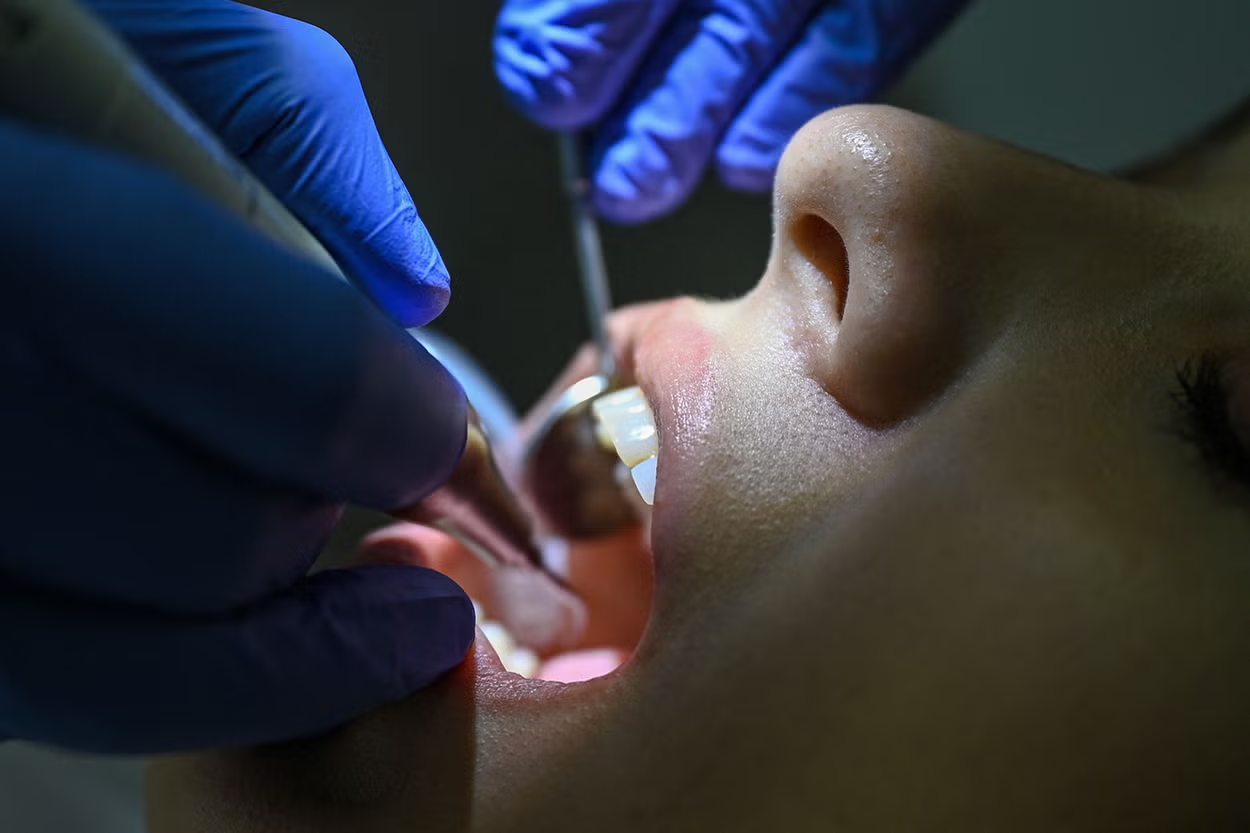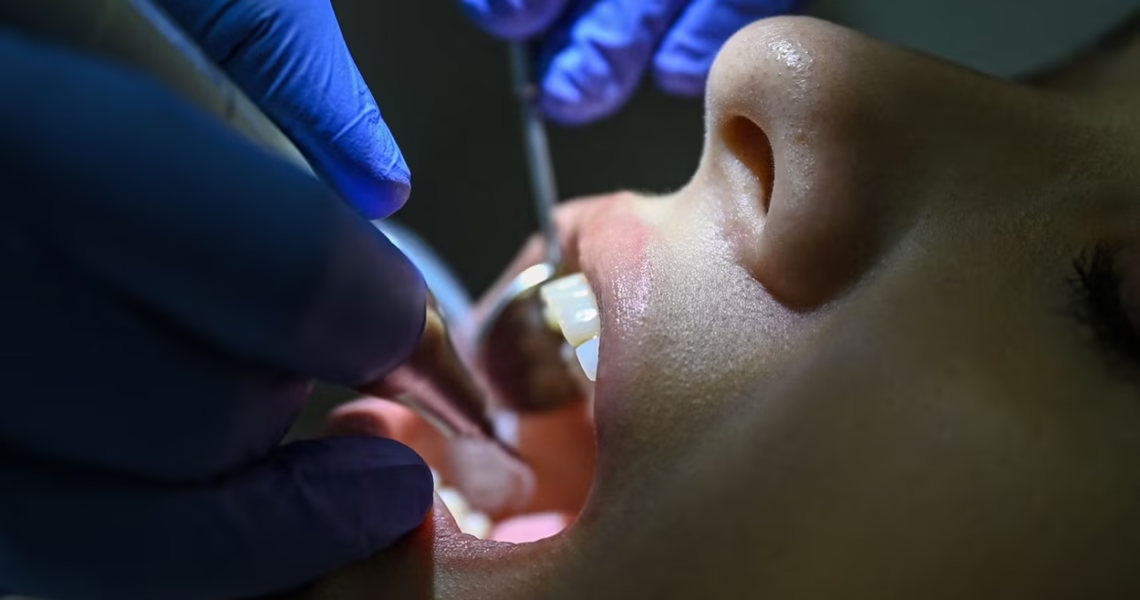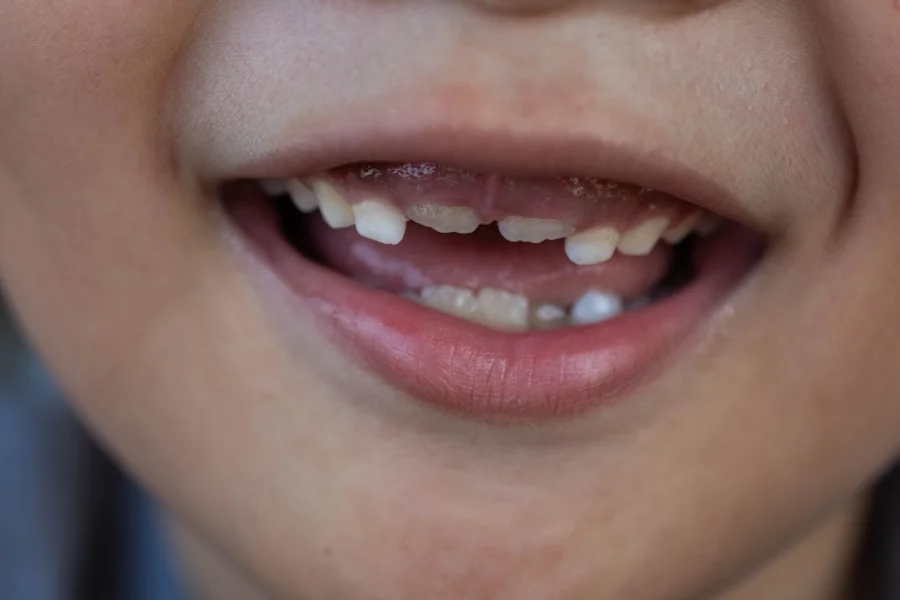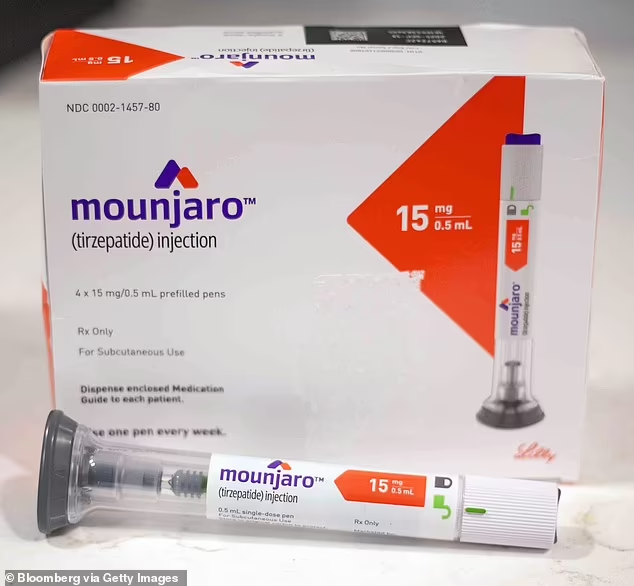“Ozempic Teeth”: The Truth About Weight-Loss Jabs & Oral Health
The rapid surge in the use of injectable weight-loss medications, particularly those belonging to the class of glucagon-like peptide-1 receptor agonists (GLP-1RAs) often generically referred to by the brand name “Ozempic,” has brought significant health benefits for many.

“Ozempic Teeth”: The Truth About Weight-Loss Jabs & Oral Health
However, this growing popularity has also sparked conversations and concerns among medical professionals, including dentists, regarding potential unforeseen side effects on oral health, a phenomenon colloquially termed “Ozempic teeth.”
Understanding the Rise of Weight-Loss Injections
GLP-1RA medications, while primarily approved for the management of type 2 diabetes, are increasingly being prescribed “off-label” by private practitioners for weight loss due to their effectiveness in promoting satiety and reducing appetite. This widespread adoption has led to millions using these drugs, bringing them into the spotlight for their overall systemic effects, not just metabolic benefits.
The Link to Oral Health: Dentists Weigh In
While direct, extensive research specifically linking GLP-1RA medications to unique dental issues is still emerging, dental professionals are observing that common side effects of these drugs can indirectly, yet significantly, impact a patient’s oral health. The observed issues are typically exacerbated manifestations of existing dental problems or increased susceptibility due to changes in the oral environment.
Key Oral Health Concerns and Their Mechanisms
Several mechanisms explain how weight-loss injections’ side effects can manifest as oral health challenges:
Dry Mouth (Xerostomia)
A frequently reported side effect of these medications is xerostomia, or dry mouth. Saliva plays a crucial role in maintaining oral health: it helps wash away food particles, neutralize acids produced by bacteria, and remineralize tooth enamel. 1 A significant reduction in saliva production leaves the mouth more vulnerable. This increased dryness can lead to a higher risk of:
- Tooth Decay: Without sufficient saliva to neutralize acids and clean the teeth, bacteria thrive, leading to cavities.
- Gum Disease (Gingivitis & Periodontitis): Reduced saliva flow can also contribute to the accumulation of plaque, irritating gum tissues and potentially leading to inflammation, bleeding gums, and eventually more severe periodontal disease.
- Enamel Erosion: The protective buffer provided by saliva is diminished, leaving enamel more susceptible to erosion from dietary acids.
Vomiting and Acid Reflux
Another common side effect associated with GLP-1RAs, particularly during the initial phases of treatment or with dose escalation, is nausea and vomiting. Frequent exposure of teeth to corrosive stomach acid can have devastating effects on dental enamel. This repeated acid erosion weakens the tooth structure, leading to:
- Increased Sensitivity: As enamel thins, the underlying dentin becomes exposed, causing sensitivity to hot, cold, sweet, or acidic foods.
- Accelerated Tooth Wear: Enamel erosion can lead to the premature wearing down of teeth, affecting their shape and bite.
- Heightened Decay Risk: Eroded enamel makes teeth more porous and vulnerable to decay, even with good oral hygiene.
Rapid Weight Loss and Gum Recession
While weight loss is a primary goal of these medications, very rapid weight reduction can have systemic effects that may extend to oral tissues. Significant body changes can sometimes lead to receding gums, exposing more of the tooth root. Receding gums not only make teeth appear longer but also increase sensitivity and the risk of root decay.
Furthermore, for individuals with dentures or veneers, significant changes in gum and jawbone structure due to rapid weight loss can affect the fit and comfort of these dental prosthetics, potentially requiring costly adjustments or replacements.
Mitigating Risks: Essential Dental Care Strategies
Dentists strongly recommend a proactive approach for individuals using weight-loss injections to safeguard their oral health:
Inform Your Dentist
It is paramount to inform your dental professional about any medications you are taking, including weight-loss injections. This allows them to anticipate potential side effects and provide tailored advice and preventive care.
Rigorous Oral Hygiene
Maintain meticulous oral hygiene practices, including brushing twice daily with a fluoride toothpaste and flossing at least once a day.
Prioritize Hydration
Counteracting dry mouth is critical. Drink plenty of water throughout the day, especially after meals. Consider using sugar-free chewing gum or lozenges to stimulate saliva flow.
Dietary Awareness
While the drugs help control appetite, be mindful of dietary choices. Limit the consumption of acidic foods and beverages (e.g., sodas, citrus fruits) that can contribute to enamel erosion, particularly if experiencing vomiting or reflux. Rinse your mouth with water after consuming acidic items.
Regular Dental Check-ups
Consistent visits to your dentist for routine check-ups and professional cleanings are more important than ever. Early detection of any issues can prevent them from escalating into more serious problems.
The Broader Context of “Ozempic Teeth”
The term “Ozempic teeth” has gained traction largely due to the widespread public discussion surrounding the off-label use of Ozempic and similar GLP-1RAs for weight management. While these medications offer significant health benefits, such as improved glycemic control and cardiovascular health, it’s crucial for both patients and healthcare providers to consider the full spectrum of potential side effects, including those impacting oral health.
While weight-loss injections can be life-changing for many, maintaining optimal oral health requires vigilance. By understanding the potential side effects and adopting proactive dental care strategies, individuals using these medications can mitigate risks and ensure their smile remains healthy alongside their improving overall well-being.






